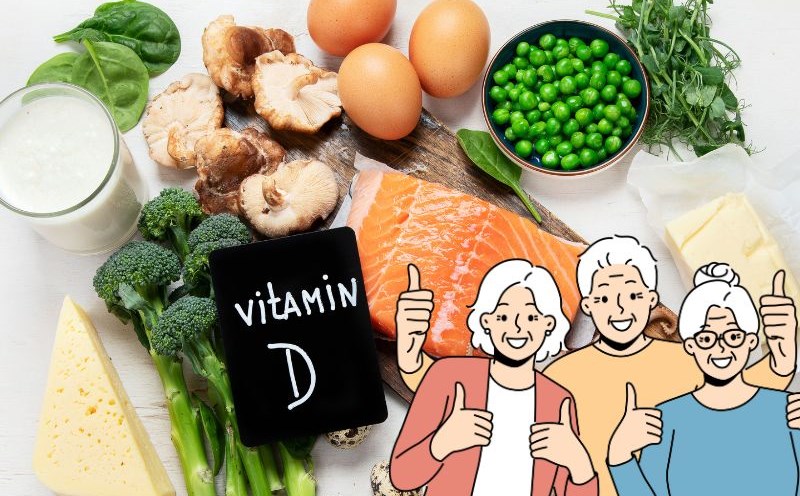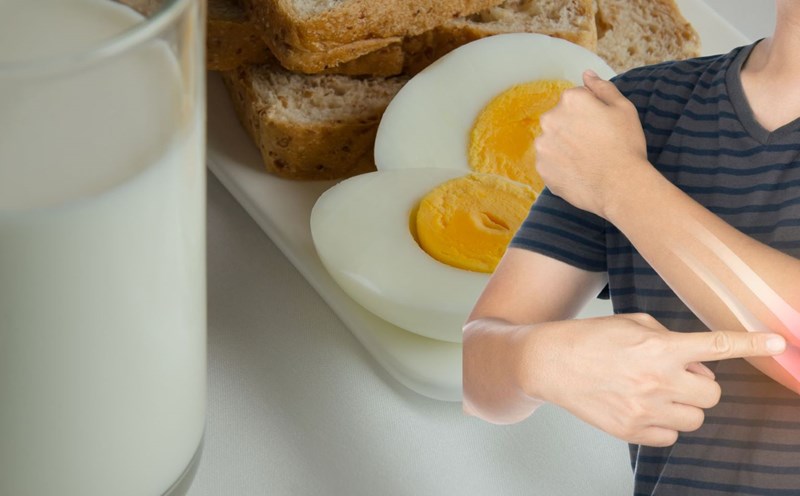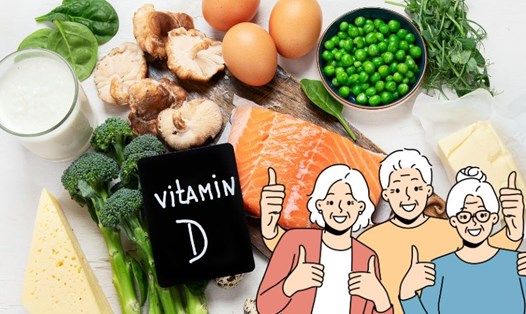Factors affecting vitamin D synthesis in mushrooms
Ms. Shubha Ramesh L - nutritionist at DHEE Hospital (Bengaluru, India) - said that mushrooms are an excellent source of vitamin D.
Vitamin D synthesis occurs when ergosterol, a compound found in mushrooms, is converted to vitamin D2 when exposed to UV rays from the sun.
“This process is somewhat similar to the way human skin synthesizes vitamin D3 when exposed to sunlight,” said Shubha Ramesh L., adding that while human skin mainly synthesizes vitamin D3, foods from mushrooms produce vitamin D2. The efficiency and type of vitamin D synthesized vary, with D3 generally being more effective at increasing and maintaining vitamin D levels in human blood than D2.
Does exposing mushrooms to sunlight ensure stable levels of vitamin D synthesis?
According to the nutritionist, the effectiveness of vitamin D synthesis in mushrooms can vary depending on a number of factors including the type of mushroom, the duration and intensity of sun exposure, geographic location, and the specific time of year.
For example, UVB radiation levels are important for vitamin D synthesis and are lower during the winter months and in areas farther from the equator.
Some mushrooms, such as maitake and portobello mushrooms, are better able to synthesize vitamin D due to their higher initial ergosterol concentrations.
Sun exposure time to maximize vitamin D synthesis
The vitamin D content of mushrooms increases significantly when exposed to sunlight, Shubha explains. Research shows that exposing mushrooms to midday sunlight for 1-2 hours can significantly increase the vitamin D content of mushrooms.
To maximize vitamin D synthesis without compromising the quality and safety of mushrooms, Shubha recommends maintaining a balance as too much sun exposure can lead to drying and nutrient breakdown.
Vitamin D content of sun-dried mushrooms compared to other vitamin D sources
Sun-dried mushrooms can provide large amounts of vitamin D2, but the bioavailability and efficacy of vitamin D2 are generally considered lower than vitamin D3 found in animal products and supplements, according to Shubha.
“Relying on sun-dried mushrooms for vitamin D may not be enough for everyone. Fortified foods and supplements that provide controlled doses of vitamin D3 are more reliable,” Shubha stressed.











